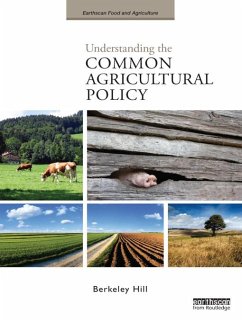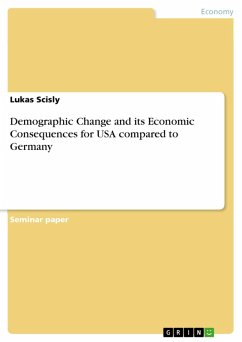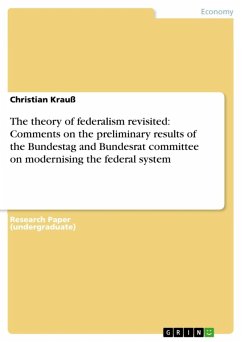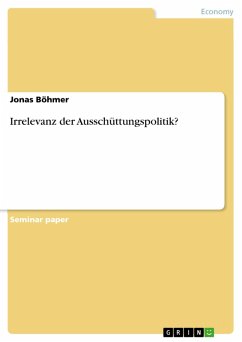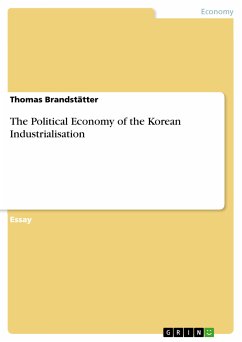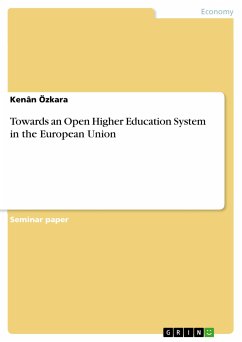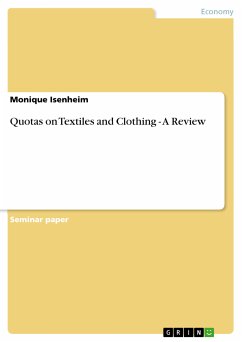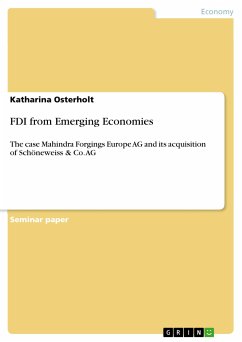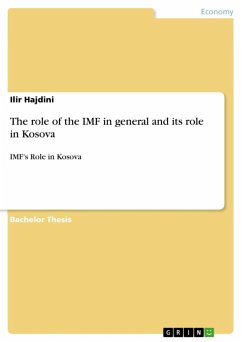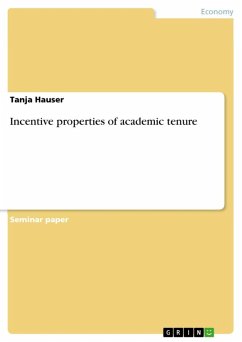
Incentive properties of academic tenure (eBook, ePUB)

PAYBACK Punkte
0 °P sammeln!
Seminar paper from the year 2006 in the subject Business economics - Economic Policy, grade: 2,3, University of Constance, language: English, abstract: When a person is employed in a particular position, it is expected that he will work hard and perform well, regardless of his status. In the sector of Academia there are several incentives to work hard, such as promotion to full professorship and increases in the salary. Furthermore, there is also the opportunity to attain tenure, which would guarantee employment for life. As such, tenure provides possibly the strongest incentive to pursue good...
Seminar paper from the year 2006 in the subject Business economics - Economic Policy, grade: 2,3, University of Constance, language: English, abstract: When a person is employed in a particular position, it is expected that he will work hard and perform well, regardless of his status. In the sector of Academia there are several incentives to work hard, such as promotion to full professorship and increases in the salary. Furthermore, there is also the opportunity to attain tenure, which would guarantee employment for life. As such, tenure provides possibly the strongest incentive to pursue good work. This type of job security, however, is often criticized, as a decline of effort and productivity are expected after tenure is awarded. This paper will investigate whether there are incentives for academics to continue to work hard, and not to slack off after tenure is granted. It will commence by explaining, the academic tenure system, in chapter 2 to understand the whole purpose of the idea of tenure, followed by an analysis of two models, in chapter 3 and 4, which will explore the role of tenure as incentive to exert effort in consideration of job security. The first model, analysed in section 3, is a theoretically solved principal -agent problem by A. Dnes and N. Garoupa. It analyses how the participants will act and how incentives should be set so that efficient work will result. The second model, by S. Li and H. Ou-Yang, analysed in chapter 4 investigates empirical data to determine if academics work hard even if after tenure has been obtained. Finally to end this paper the main results will be summarised and relevant conclusions will be drawn.
Dieser Download kann aus rechtlichen Gründen nur mit Rechnungsadresse in A, B, BG, CY, CZ, D, DK, EW, E, FIN, F, GR, HR, H, IRL, I, LT, L, LR, M, NL, PL, P, R, S, SLO, SK ausgeliefert werden.




